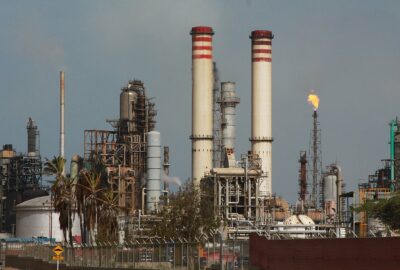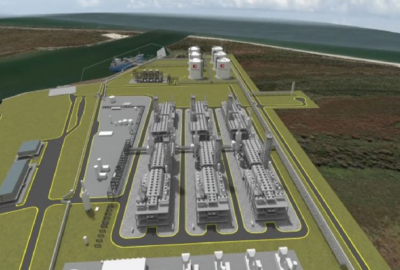
In a Stratas Advisors report sent to Rigzone by the Stratas team late Monday, the company warned that it is expecting “some moderation of oil prices”.
“For the upcoming week, we are expecting that there will be some moderation of oil prices, in part from the latest jobs report released by the Bureau of Labor Statistics that showed the U.S. added 256,000 jobs in December,” the company said in the report.
“In conjunction, the U.S. Dollar Index increased, finishing the week at 109.65 from the previous week of 108.92, and is at its highest level since October 2022 and up from 100.42 on September 22, 2024,” it added, noting that “the strong U.S. dollar makes oil more expensive for those non-USD countries that are importing oil”.
“The U.S. 10-Year Treasury ended the week at 4.769 percent, up from 4.151 percent on December 6, 2024, and from 3.621 percent on September 16, 2024. The increasing 10-year rate makes it more difficult for the Federal Reserve to cut interest rates, which in turn is leading to a stronger dollar,” the company went on to state.
In the report, Stratas Advisors also warned that there is “some negative news associated with China’s economy, with reports that corporate profits have decreased for a third consecutive year”.
The company also stated in the report that it has its doubts about the ultimate effectiveness of the additional U.S. sanctions.
“China remains the largest customer for Russian oil exports, including crude oil,” the report stated.
“India is another major customer of Russian crude oil and has recently signed a major contract to continue importing Russian crude oil for their refineries. We do not expect that China will change its behavior with respect to Russia’s oil, especially since China does not recognize the current U.S. sanctions,” it added.
“We expect the same from India, with the caveat that India could be more susceptible to pressure from the incoming Trump administration to reduce its oil imports from Russia,” it continued.
“As such, we think the market’s immediate reaction to the announcement of the new sanctions is likely an overreaction,” it went on to state.
Stratas Advisors noted in the report that it expects that there is still some room for oil prices to move higher this week but added that the price of Brent crude oil will struggle to breakthrough $82.50 per barrel.
Rigzone has contacted the White House, the Trump transition team, the Press Service and Information Department of the Russian Government, the Chinese government, and ministry officials at the Indian Ministry of Power for comment on the Stratas Advisors report. At the time of writing, none of the above have responded to Rigzone yet.
In a Skandinaviska Enskilda Banken AB (SEB) report sent to Rigzone by the SEB team on Tuesday morning, Bjarne Schieldrop, chief commodities analyst at the company, said “the current price of Brent crude at $80.6 per barrel is very low versus where the 1-3 month time spreads are trading”.
“Brent should typically have traded somewhere between $80-$95 per barrel with current time-spreads when we compare where this relationship has been trading since the start of 2023,” he added.
“Brent is now trading in the absolute lower range of that with lots of room on the upside,” he continued.
Schieldrop noted in the report that the market right now “looks technically overbought with RSI at 72 but also fundamentally very tight with the Dubai 1-3 month time-spread at $2.74 per barrel, its highest level since September 2023”.
“As such the Brent crude oil price has the potential to coil up for further gains following some washing out of technically overbought dynamics,” he added.
In a research note sent to Rigzone by the JPM Commodities Research team on Monday, analysts at J.P. Morgan noted that, between December 23 and January 8, oil prices rose over six percent.
“The gap between realized and forecasted prices, which widened to nearly $10 last year, has now closed, aligning Brent with our $75 fair value for January,” the analysts said in the research note.
“This price action is likely driven by concerns over supply disruptions from tightening sanctions, low oil stockpiles, freezing temperatures in the U.S. and Europe, improved sentiment on China’s stimulus, cleaner positioning, and CTA short-covering flows,” they added.
“We expect prices to remain stable for most of the year, dipping below $70 in the final quarter, averaging $73 for the year,” the analysts went on to state.
The research note showed that J.P. Morgan expects the Brent crude oil price to average $74 per barrel in the first quarter of 2025, $77 per barrel in the second quarter, $73 per barrel in the third quarter, $69 per barrel in the fourth quarter, and $73 per barrel overall in 2025.
The Brent crude oil price averaged $82 per barrel in 2024, according to the research note.
To contact the author, email











